Zinc is an essential mineral that is crucial for maintaining sound health. It plays a vital role in over 300 enzymes and is involved in various important processes within your body. Zinc helps metabolize nutrients, supports your immune system, and aids in the growth and repair of body tissues. Since your body doesn’t store zinc, it’s important to consume sufficient amounts daily from some of the best sources of zinc to meet your requirements.
For men aged 19 and above, the recommended daily intake of zinc is 11 milligrams (mg), while women in the same age group need 8 mg. Pregnant women require 11 mg per day, and breastfeeding women need 12 mg. Certain individuals, such as children, older adults, pregnant women, and breastfeeding women, are at a higher risk of zinc deficiency. That’s why, to meet the %DV (%Daily Value), it is advisable to follow a nutrient-rich, well-balanced diet that includes foods high in zinc. Without further ado, let’s know 10 best sources of zinc that can help you to boost your health.
Shellfish
Shellfishes especially oysters are particularly very rich in zinc. Per serving, oysters contain more zinc than any other food items in the world! A good example is, six medium oysters provides 33 mg which easily exceeds the daily value. Other shellfish like Alaska king crab, shrimp, and mussels also contain notable amounts of zinc.

Seeds
Incorporating seeds into your diet can boost your zinc intake. Hemp seeds, pumpkin seeds, squash seeds, and sesame seeds are all good options, with hemp seeds providing 27% of the daily value in just three tablespoons. It surely proves that hemp seed is one of the best sources of zinc. And, all types of seeds are rich in zinc. That’s why, including seeds in your diet is a good idea to meet your daily zinc requirement.
Don’t Skip: Chia Seeds Vs Flaxseeds: Which is Better for Our Health?
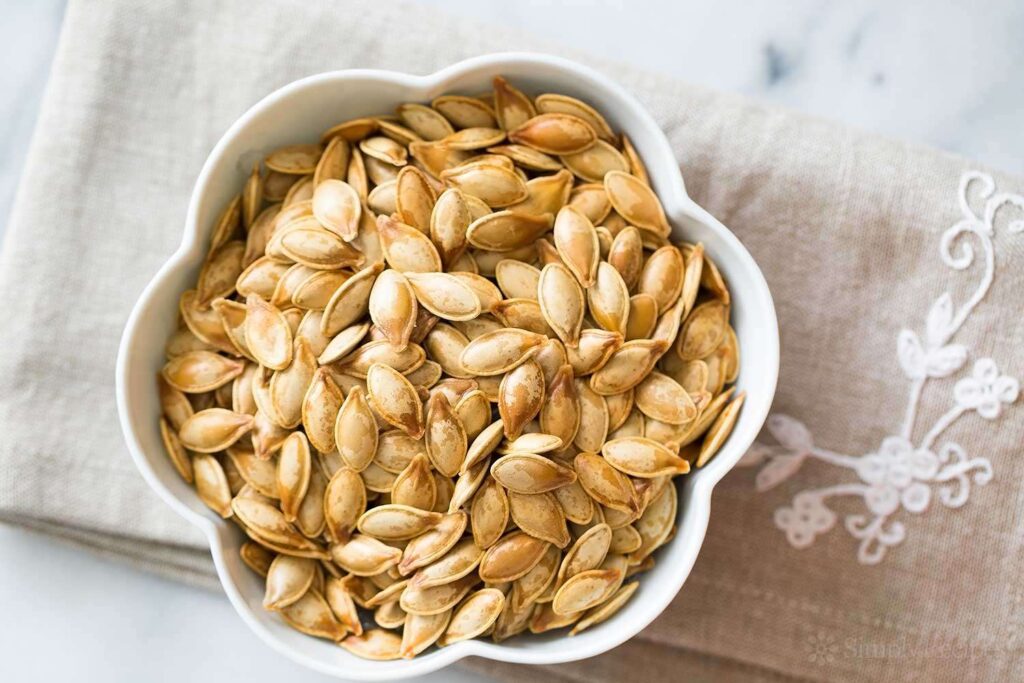
Nuts
Nuts like pine nuts, cashews, almonds, and peanuts (which are technically legumes) can contribute to your zinc intake. Cashews, in particular, contain a notable amount of zinc (14-20% of the DV), making it one of the best sources of zinc.

Including these foods in your diet not only increases your zinc intake but also provides other beneficial nutrients such as fiber, healthy fats, vitamins, and minerals. Additionally, consuming seeds, nuts, and peanuts has been associated with various health benefits, including lower blood pressure and cholesterol levels, and improved longevity.
Meat
All kinds of meat, including red meat such as beef, lamb, and pork, are some of the best sources of zinc. For instance, a 100-gram serving of raw ground beef contains 4.79 mg of zinc, which fulfils a significant portion of the daily value.
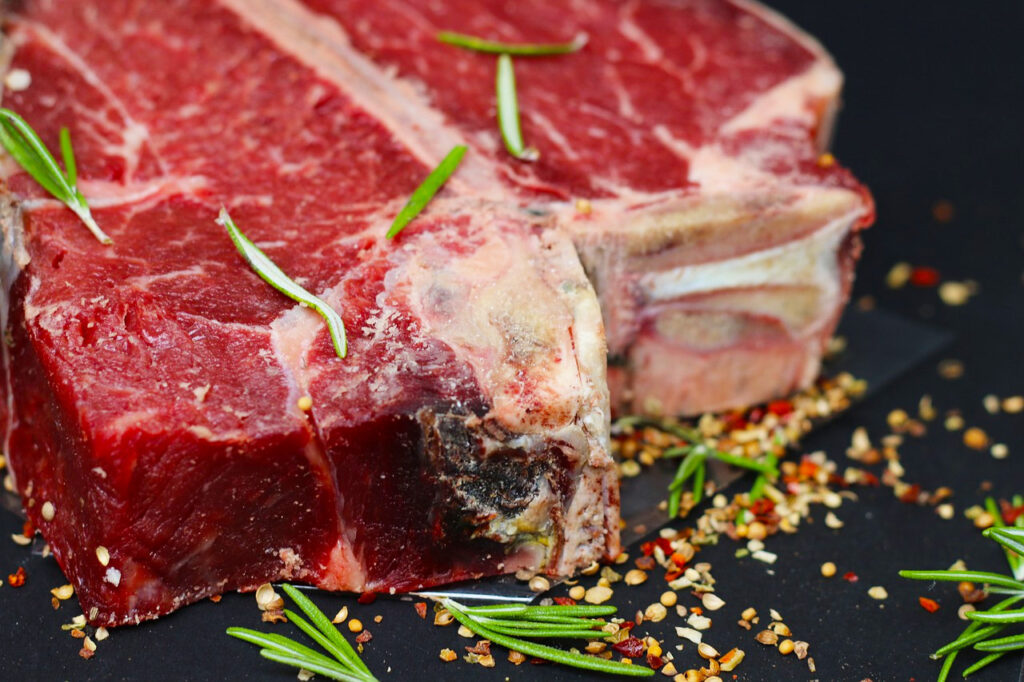
Dairy
Dairy products offer a range of nutrients, including zinc. Cheese and milk are notable sources, providing bioavailable zinc that can be well absorbed by the body. For instance, one ounce (28 grams) of sharp cheddar cheese contains 9.5% of the DV for men and 13.1% of the DV for women.
Must Read: 12 Best Foods to Boost Testosterone in Your Body Naturally!

A cup (244 grams) of whole milk provides 9.1% of the DV for men and 12.5% of the DV for women. Dairy products also supply essential nutrients for bone health, such as protein, calcium, and vitamin D. It is thus no doubt that dairy products are some of the best sources of zinc and they can be healthy addition to your diet.
Dark Chocolate
Dark chocolate may not be an ideal food item to look for valuable nutrients but surprisingly, it contains excellent amount of zinc. A 100-gram (3.5-ounce) bar of 70%–85% dark chocolate provides 3.31 mg of zinc, contributing to 30.1% of the DV for men and 41.4% of the DV for women. That means, dark chocolate also earns its place in the list of best sources of zinc!
Also Read: 10 Best Iron Sources You Shouldn’t Miss!
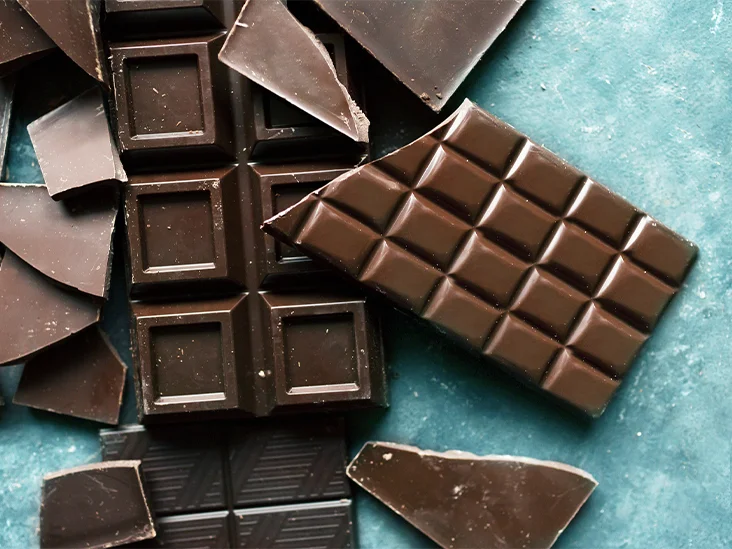
However, it is also well known fact that dark chocolate also contains high levels of sugar (24 grams) and calories (598 calories). While dark chocolate offers additional nutrients, it should not be relied upon as the primary source of zinc.
Legumes
Chickpeas, lentils, and beans are legumes that offer substantial amounts of zinc. Although legumes contain phytates that reduce zinc absorption, they remain some of the best sources of zinc for vegans and vegetarians.

Eggs
Eggs contain a decent amount of zinc that can contribute to your daily requirements. A large egg contains 4.8% of the DV for men and 6.6% of the DV for women. Additionally, eggs offer 77.5 calories, 6.3 grams of protein, 5.3 grams of healthy fats, and a variety of other vitamins and minerals, including B vitamins and selenium. Whole eggs are also a valuable source of choline, an often inadequate nutrient in many diets.
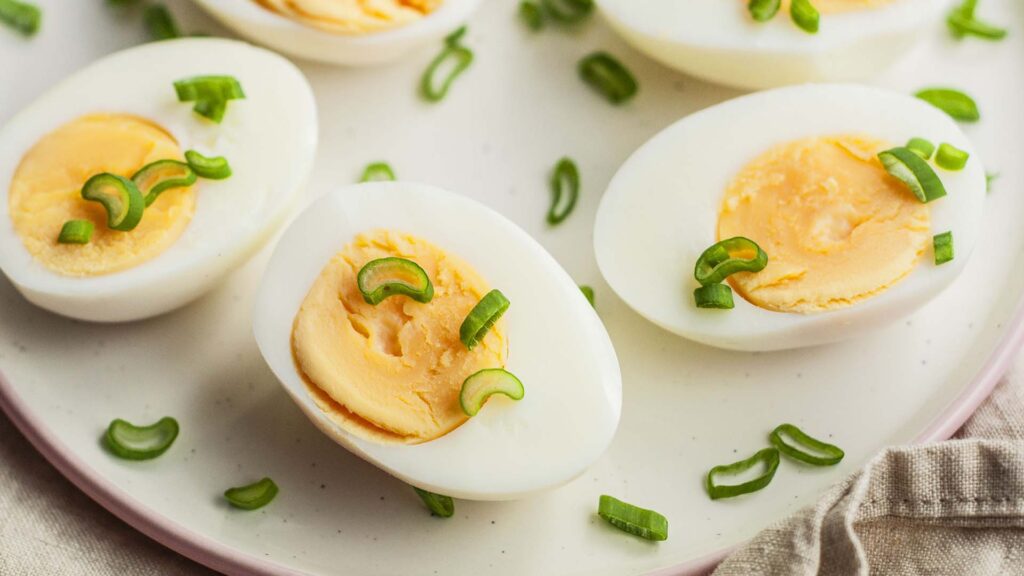
Whole Grains
Whole grains like wheat, quinoa, rice, and oats contain some zinc. However, they also contain phytates, which can bind to zinc and hinder its absorption. While whole grains provide less zinc compared to refined grains, they are considerably healthier. Additionally, whole grains offer several important nutrients such as fiber, B vitamins, magnesium, iron, phosphorus, manganese, and selenium.
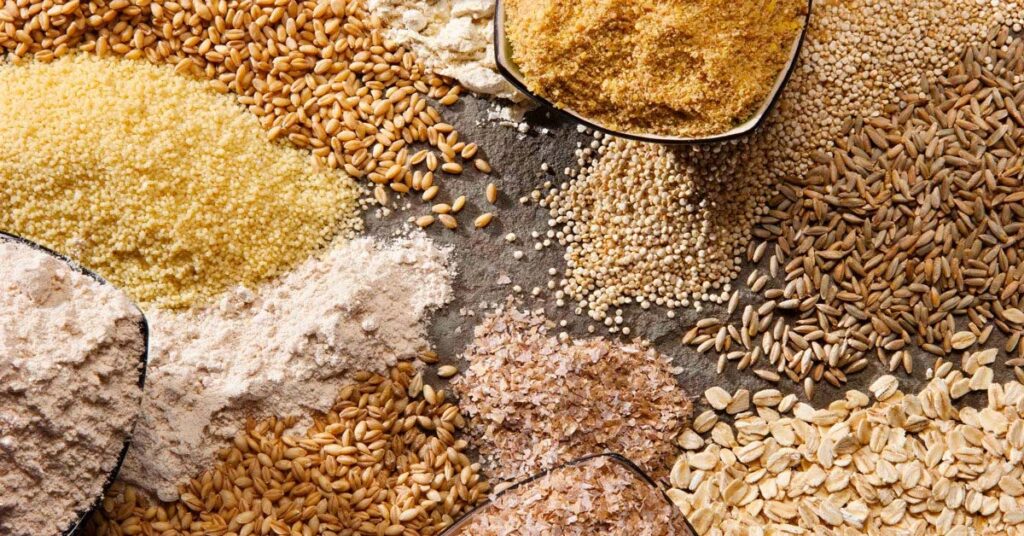
Consuming whole grains has been associated with longevity and numerous health benefits, including a reduced risk of type 2 diabetes, heart disease, and obesity. So, it is recommended to include whole grains in your diet because of their healthier sides compared to refined grains even though whole grains provide less zinc than the refined ones.
Vegetables (only a few)
Although fruits and vegetables are not the primary sources of zinc, certain vegetables can contribute to your daily needs, especially if you follow a meat-free diet. For example, a large regular potato contains 1.08 mg which provides 9.8% of the DV for men and 13.5% of the DV for women.

Similarly, a large sweet potato contains 0.576 mg, supplying 5.2% of the DV for men and 7.2% of the DV for women. Other vegetables like kale and green beans contain smaller amounts, with 100 grams (3.5 Oz) providing nearly 2.5% of the DV for men and nearly 3.5% of the DV for women. Despite their modest zinc content, vegetables remain vital components of a healthy diet, associated with a reduced risk of chronic cardiovascular diseases.
Conclusion
Therefore, these are the 10 best sources of zinc you can include in your diet to maintain adequate zinc levels that can help to boost your health in many ways as we have discussed earlier. Choose some of the zinc-rich foods from this list according to your taste and food habits and then include them in your diet. However, if you still have concerns about your zinc intake, consulting a healthcare professional regarding the potential need for supplements is advisable. Hopefully, you have found this article about best sources of zinc helpful enough. If it is really so then don’t hesitate to express your valuable thoughts in the comment section below. Thanks for visiting and appreciating our work.
